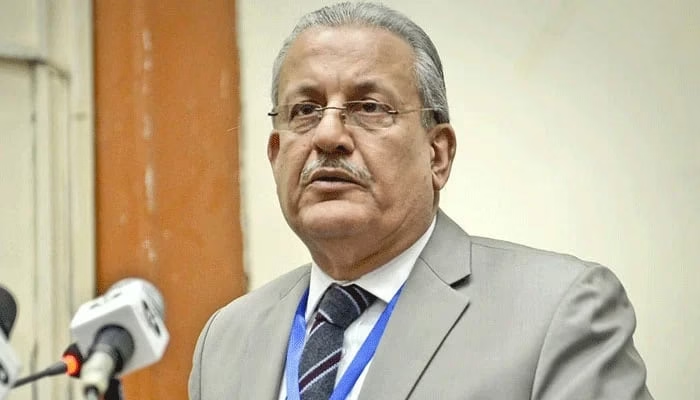The 27th Constitutional Amendment has triggered a strong political debate in Pakistan, especially regarding its potential impact on provincial autonomy. The proposed changes have raised questions about whether they could undermine the powers devolved to provinces under the landmark 18th Amendment. Within the first few days of discussion, senior political leaders, constitutional experts, and major political parties expressed deep reservations about how the 27th Constitutional Amendment could alter the federal structure of the country.
Background of the Proposed Amendment
The federal government recently initiated consultations on the 27th Constitutional Amendment with its coalition partners. The amendment aims to introduce several institutional and structural changes, including the establishment of a Constitutional Court, modifications to the National Finance Commission (NFC) Award, and alterations to Article 243, which deals with the supreme command of the armed forces. These proposals have become a major political flashpoint due to fears that such changes may shift the balance of power away from the provinces.
Raza Rabbani’s Strong Reaction
Former Senate chairman Raza Rabbani delivered a strong and clear warning regarding the 27th Constitutional Amendment, stating that it could roll back much of the provincial autonomy achieved under the 18th Amendment. According to Rabbani, Pakistan’s political atmosphere is already fragile, and any step that reduces provincial powers would “cast deep shadows over the Federation.” His concern stems from the idea that the 18th Amendment not only ensured decentralization but also neutralized separatist narratives by strengthening provincial rights.
Rabbani further argued that reversing or revising devolved ministries would impose a heavy financial burden on the federal government. The 18th Amendment was specifically designed to distribute responsibilities more effectively so both federal and provincial governments could operate within a participatory federal model. He warned that reconsidering financial devolution would go against this established framework.
Concerns Over NFC and Judiciary-Related Adjustments
One of the most debated parts of the 27th Constitutional Amendment relates to adjustments in the NFC Award and proposals linked to judicial matters. Changes in the formula determining provincial shares have raised alarms, with some leaders fearing that provinces might lose constitutionally protected financial rights. Additionally, the introduction of executive magistrates and provisions for transferring judges has been seen by critics as a move that could interfere with judicial independence.
PPP Chairman Bilawal Bhutto Zardari has also highlighted key sections of the amendment that he believes require careful scrutiny. The proposal to set up a Constitutional Court is acceptable in principle, but other elements, particularly those that affect provincial financial autonomy, remain controversial.
PTI’s Opposition to the Amendment
The 27th Constitutional Amendment has also been strongly opposed by Pakistan Tehreek-e-Insaf (PTI). Senior party leader Salman Akram Raja described the amendment’s details as extremely dangerous and argued that such changes would compromise the basic structure of the Constitution. He stressed that any amendment that weakens judicial independence or provincial rights must be resisted, urging political parties across the spectrum to stand against it.
Government’s Clarification and Response
On the other side of the debate, Senator Rana Sanaullah, Adviser to the Prime Minister on Political Affairs, rejected claims that the 27th Constitutional Amendment poses a threat to democracy. He insisted that the amendment is being misinterpreted as a “storm,” even though discussions have only just begun. Sanaullah emphasized that the government will not introduce any constitutional amendment without complete consensus among all stakeholders.
During a recent interview, he reiterated that the proposal to create a Constitutional Court has already been part of the Charter of Democracy, and there is no disagreement on that point. He also revealed that Prime Minister Shehbaz Sharif had personally communicated with the Khyber Pakhtunkhwa chief minister to reassure that no amendment would move forward without provincial approval.
As discussions continue, the 27th Constitutional Amendment remains at the center of national political dialogue. While the government maintains that the amendment seeks to strengthen governance and improve institutional efficiency, critics warn that even minor changes to the 18th Amendment’s protections could destabilize the delicate balance of Pakistan’s federal system.
The debate underscores the importance of maintaining trust between the federation and provinces. As consultations progress, achieving consensus will be crucial to ensuring that any constitutional change serves the long-term stability of the country rather than becomes a source of political or institutional conflict.



